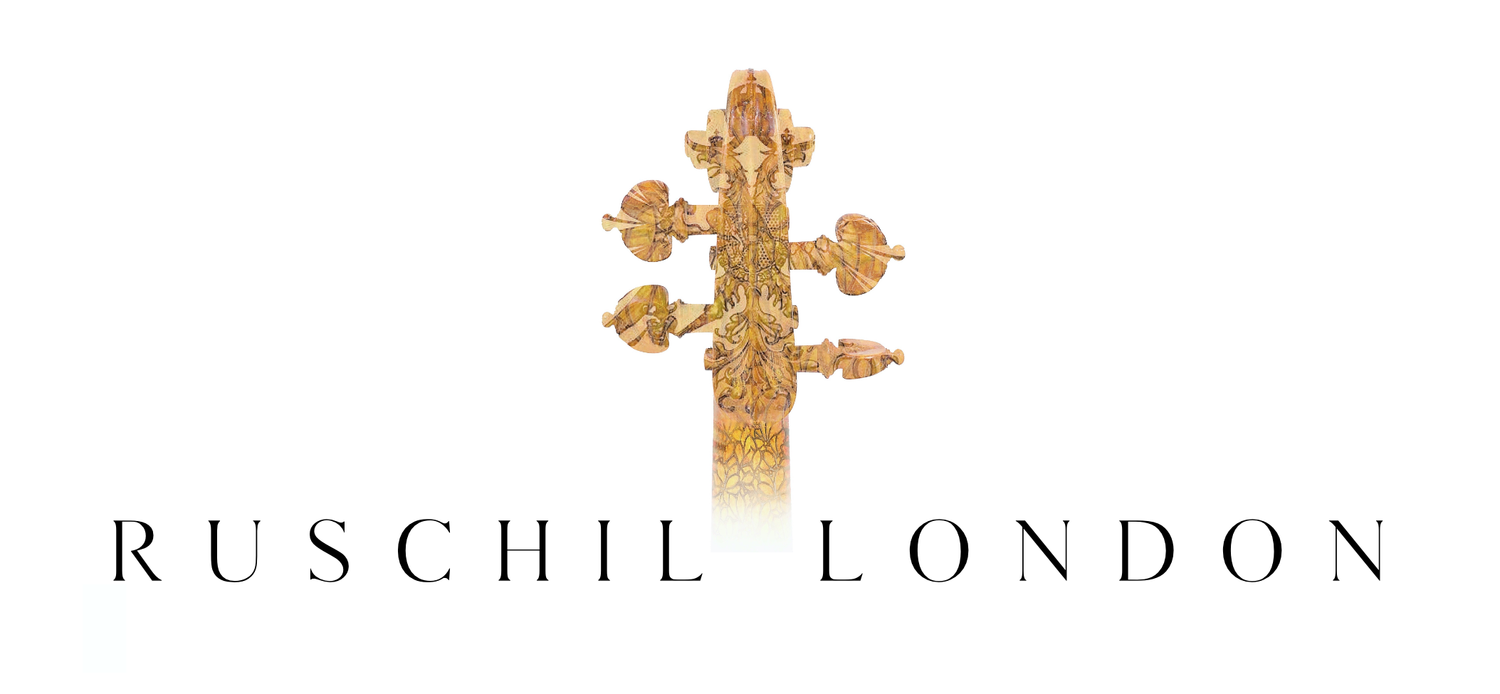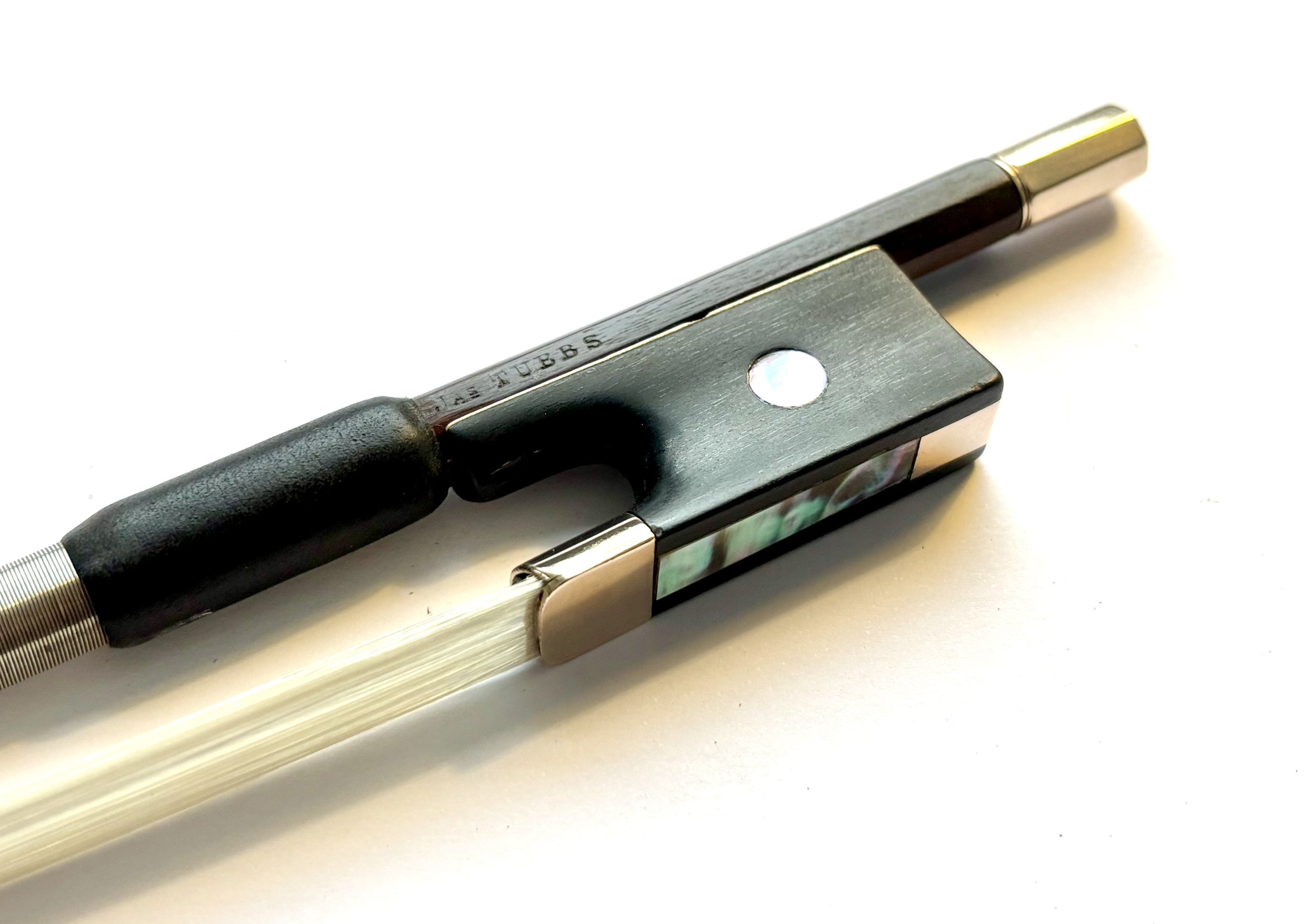 Image 1 of 25
Image 1 of 25

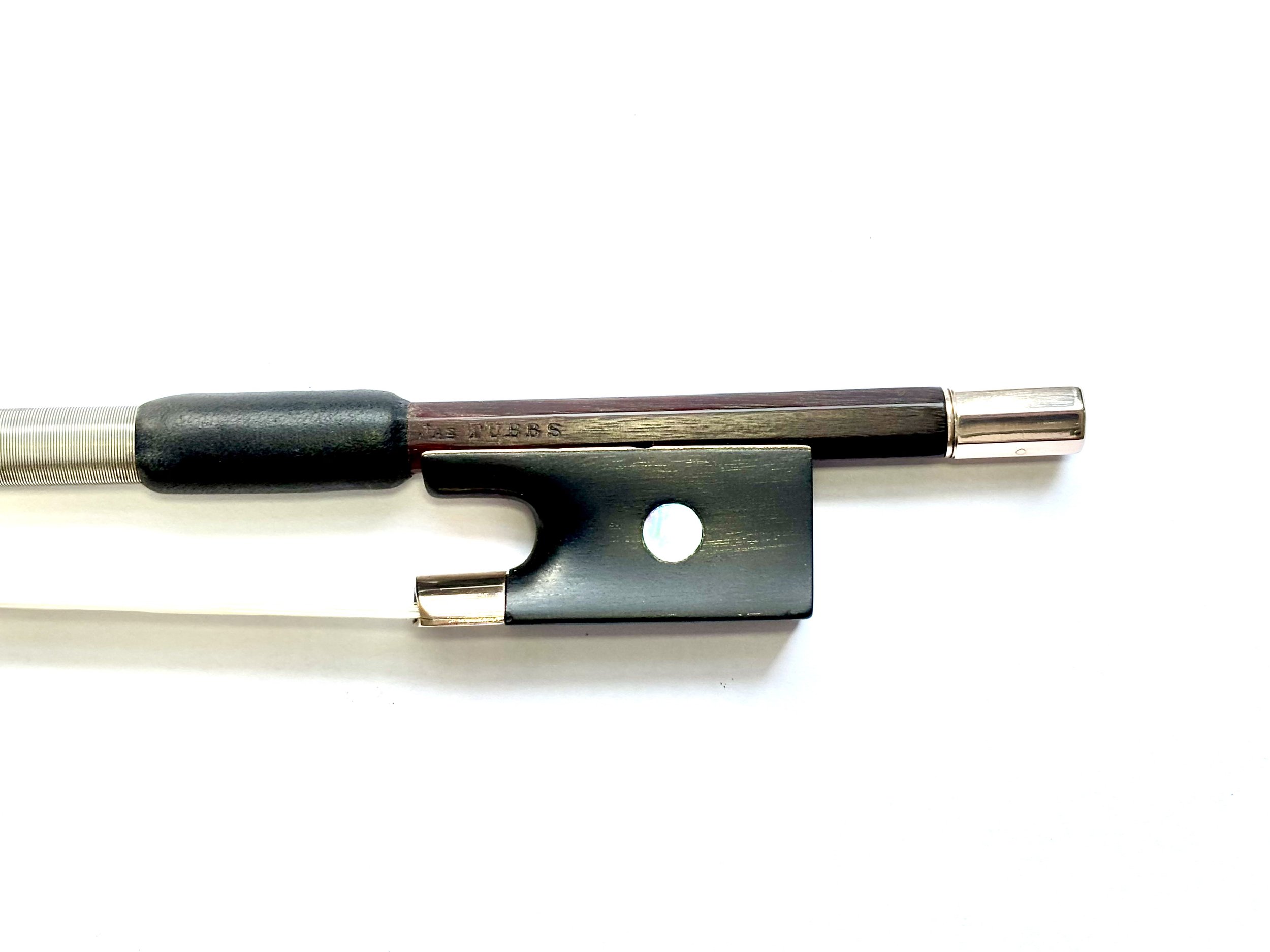 Image 2 of 25
Image 2 of 25

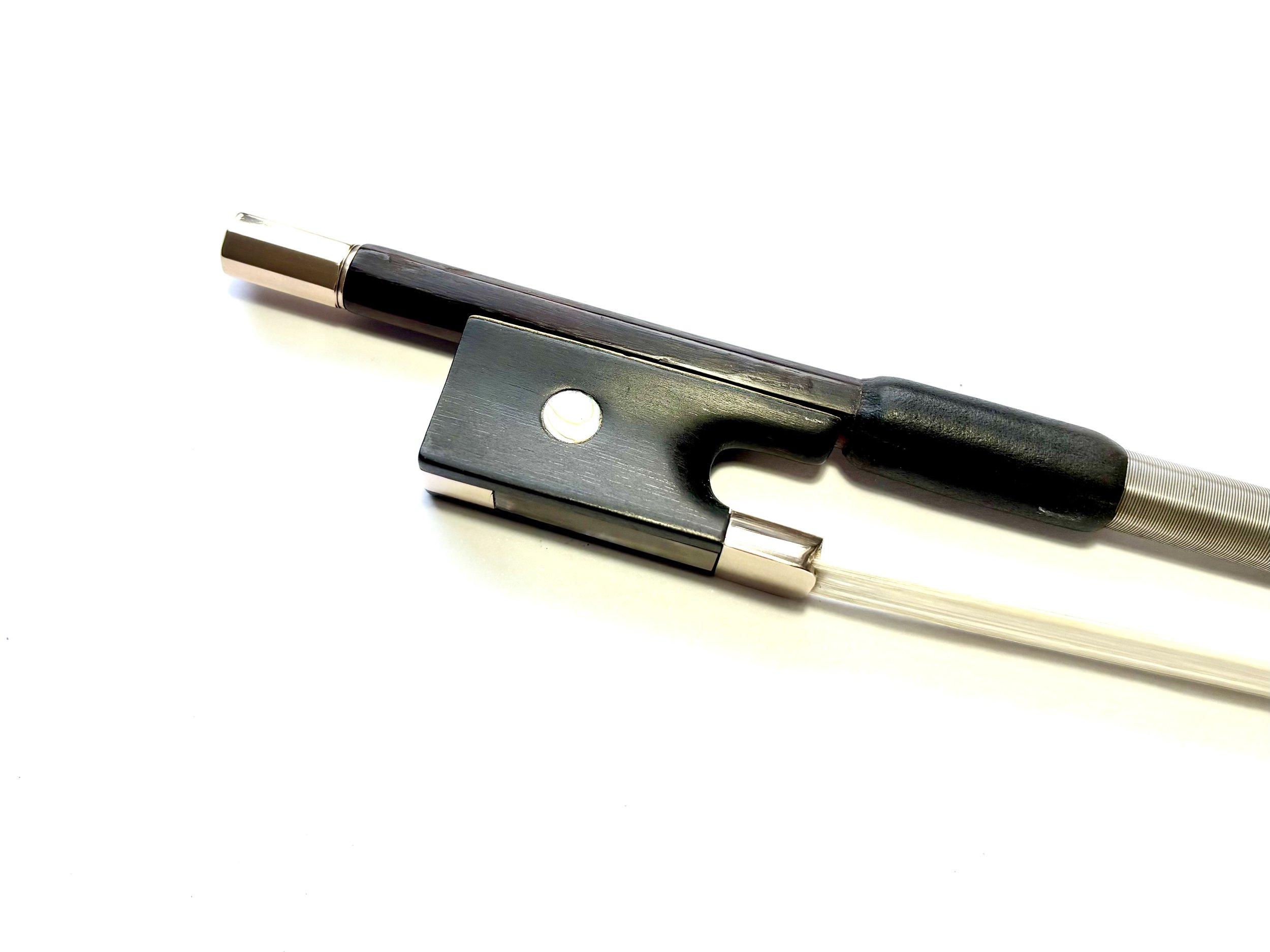 Image 3 of 25
Image 3 of 25

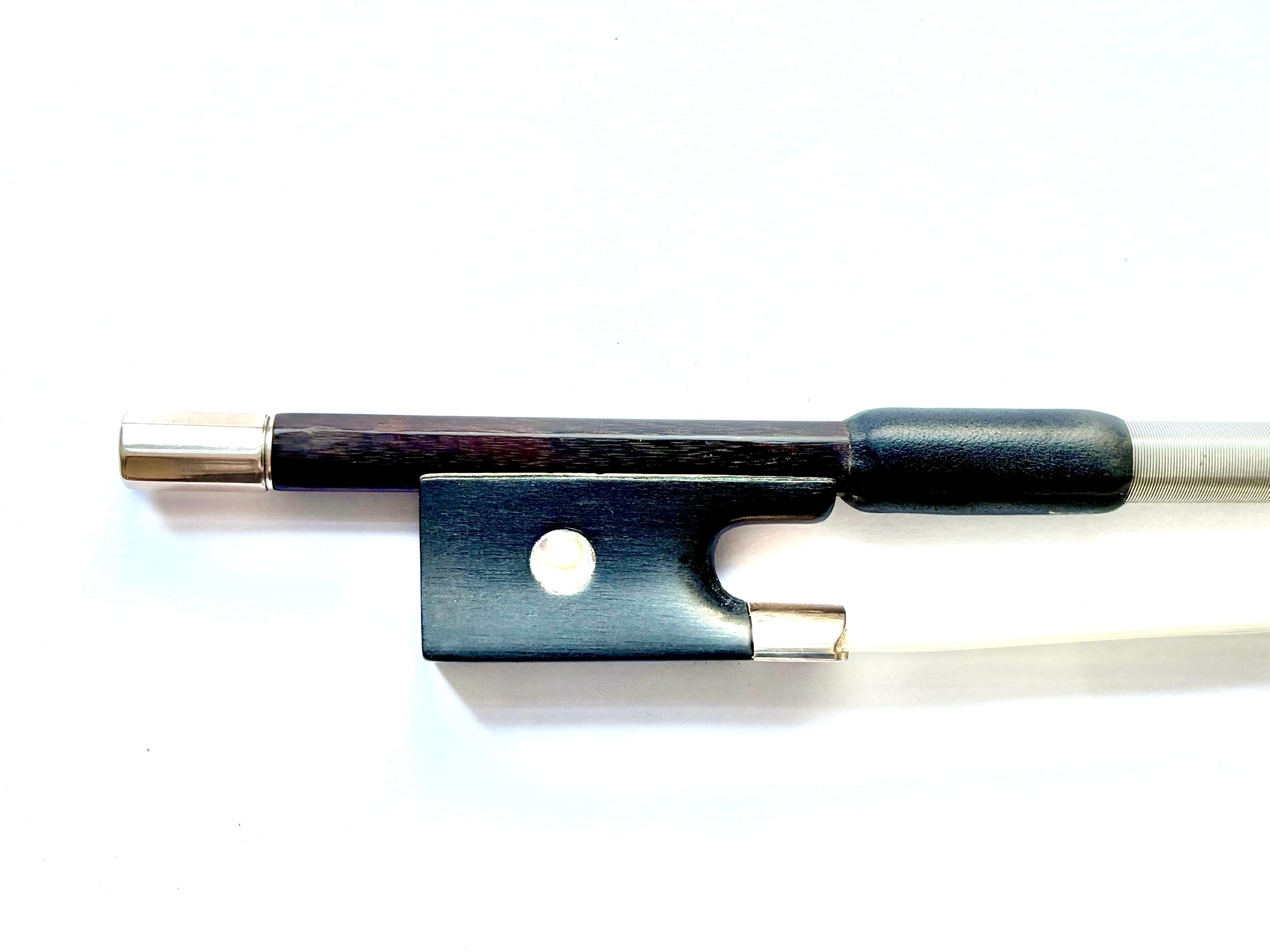 Image 4 of 25
Image 4 of 25

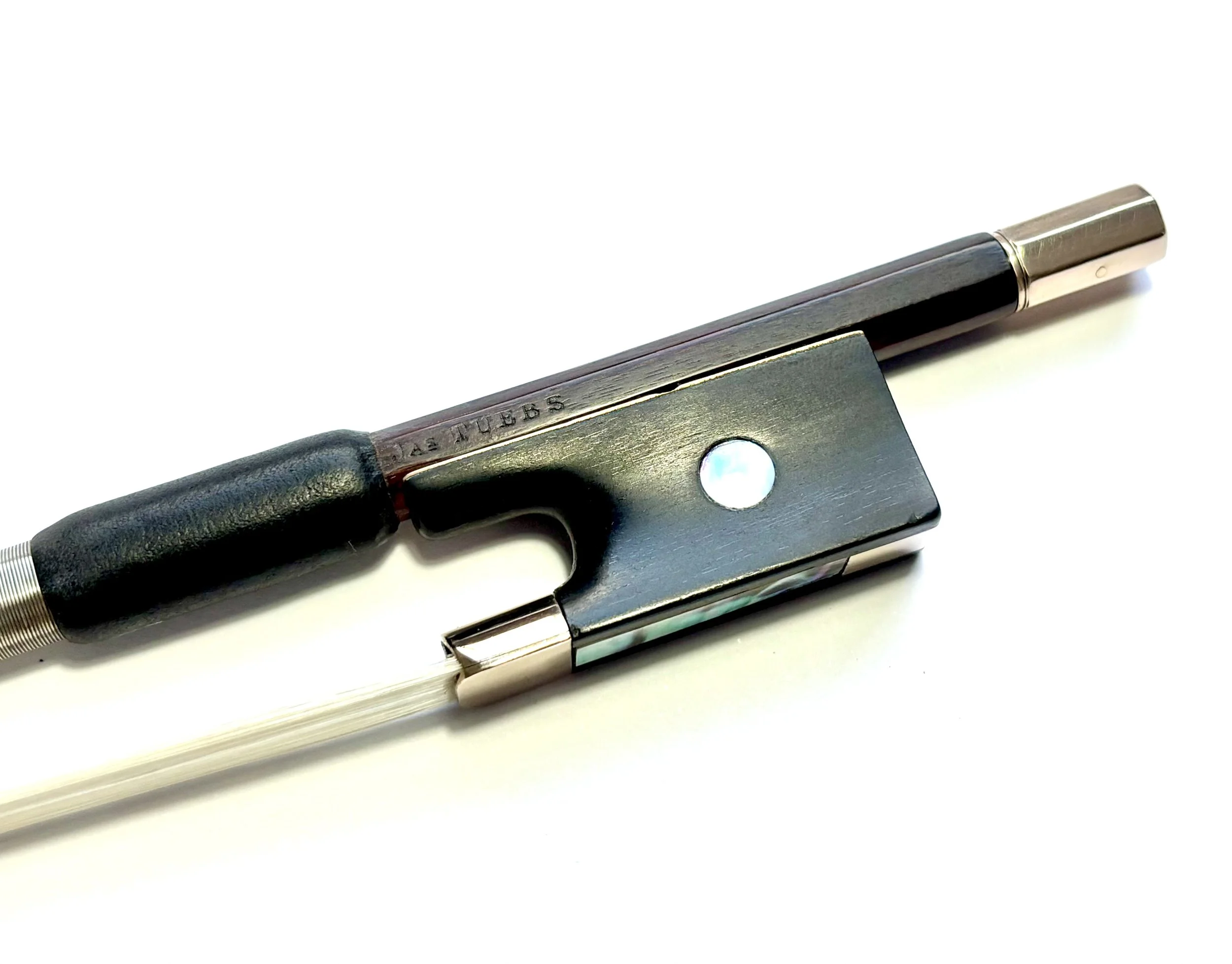 Image 5 of 25
Image 5 of 25

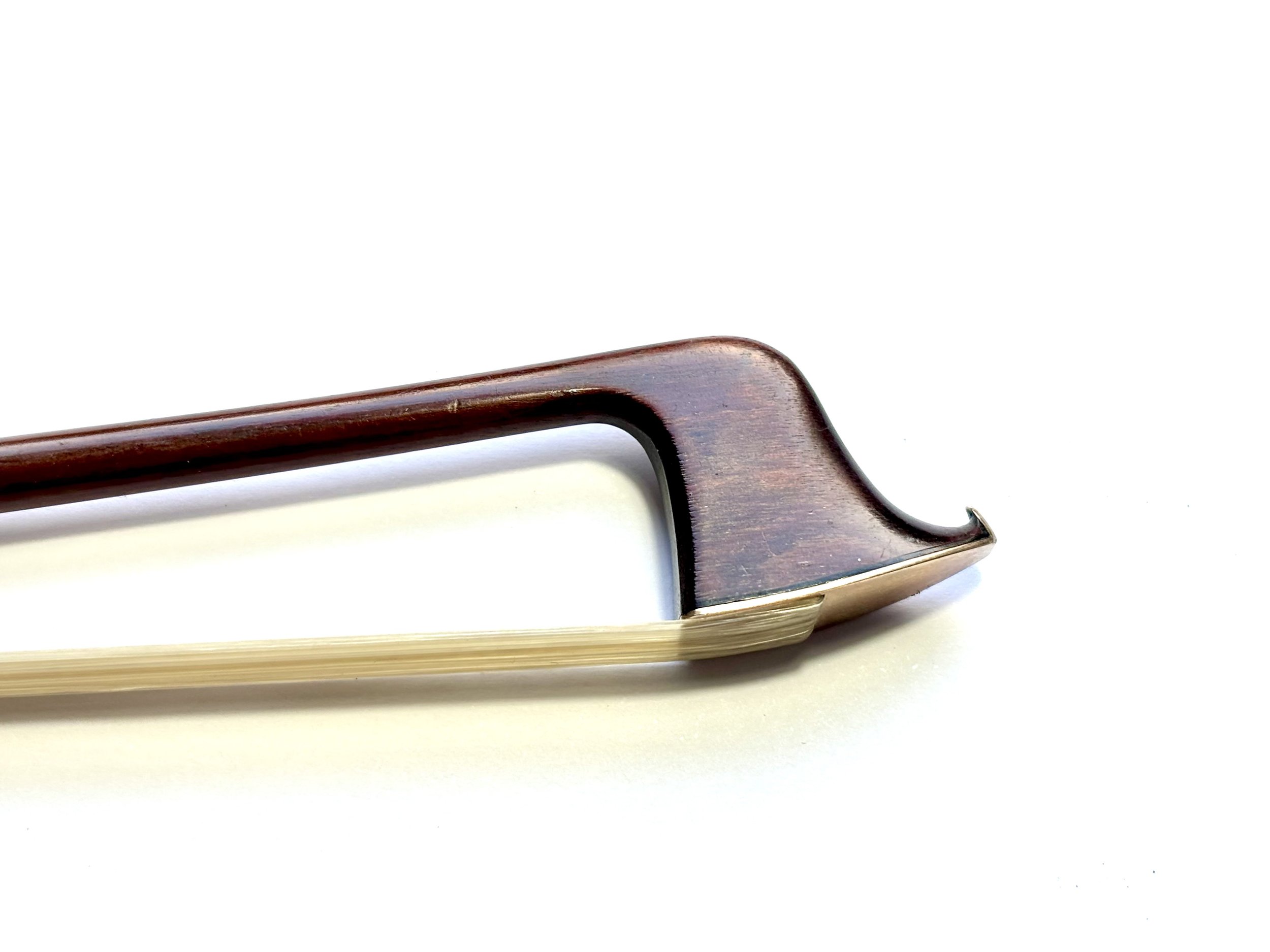 Image 6 of 25
Image 6 of 25

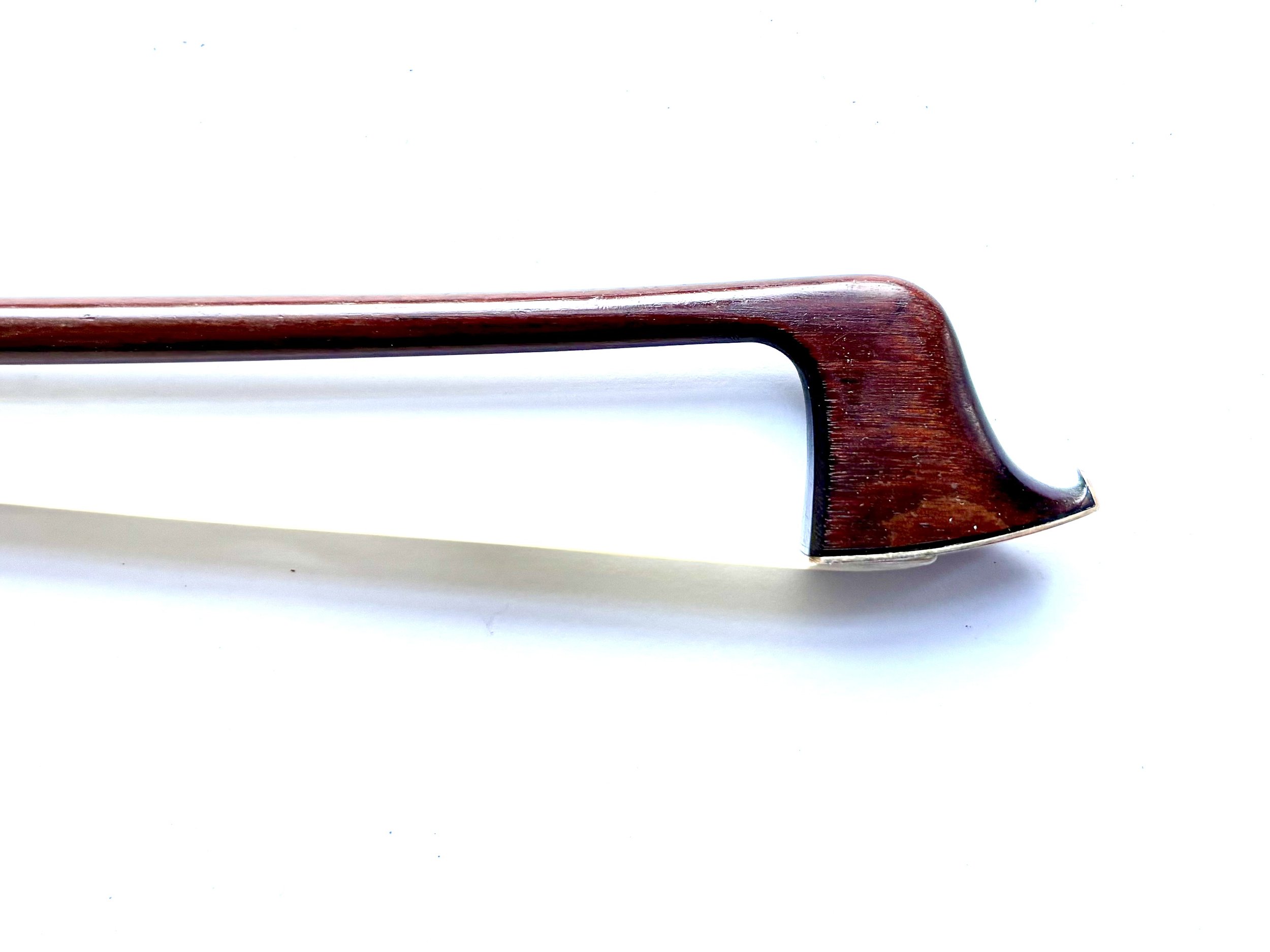 Image 7 of 25
Image 7 of 25

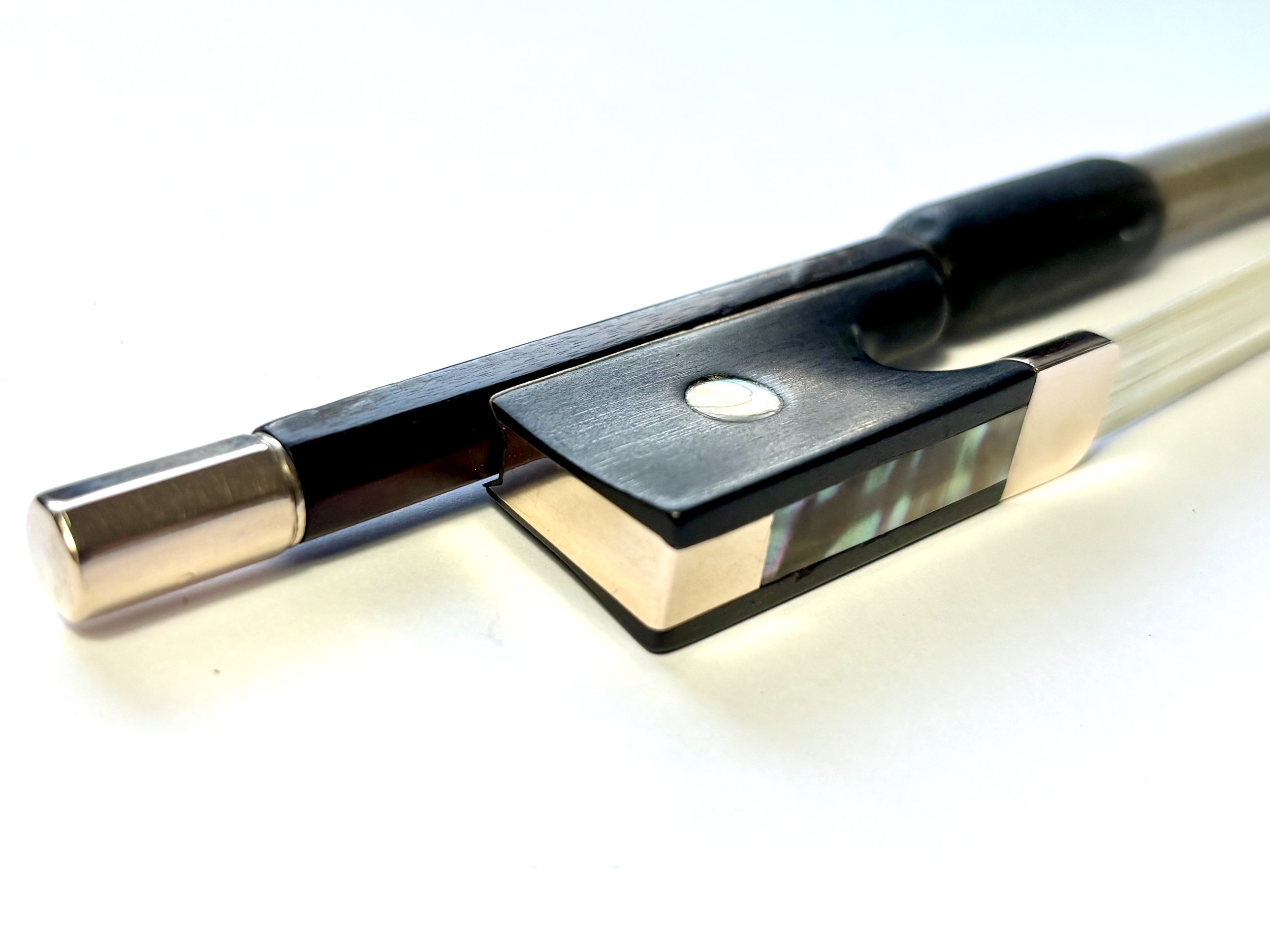 Image 8 of 25
Image 8 of 25

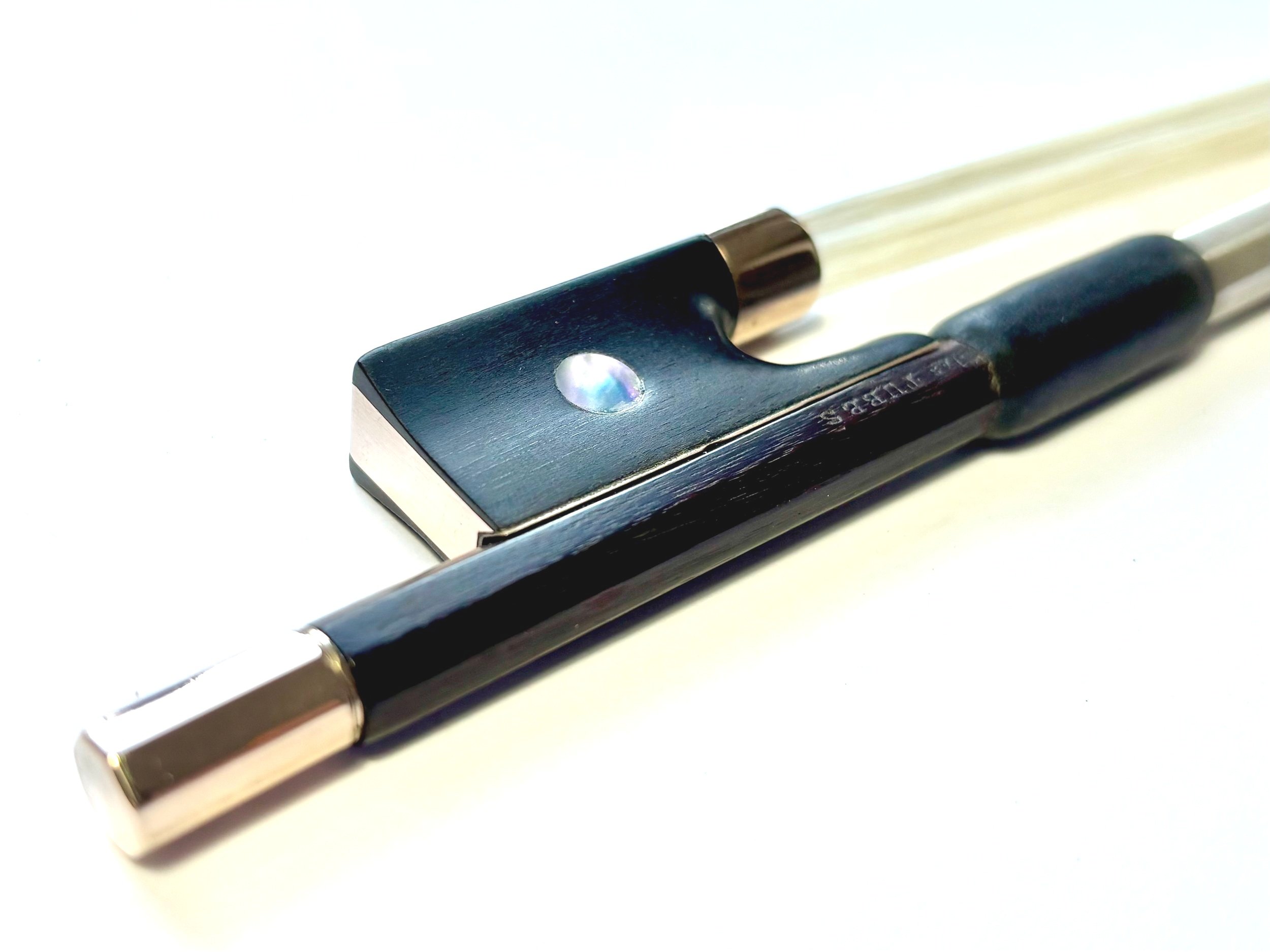 Image 9 of 25
Image 9 of 25

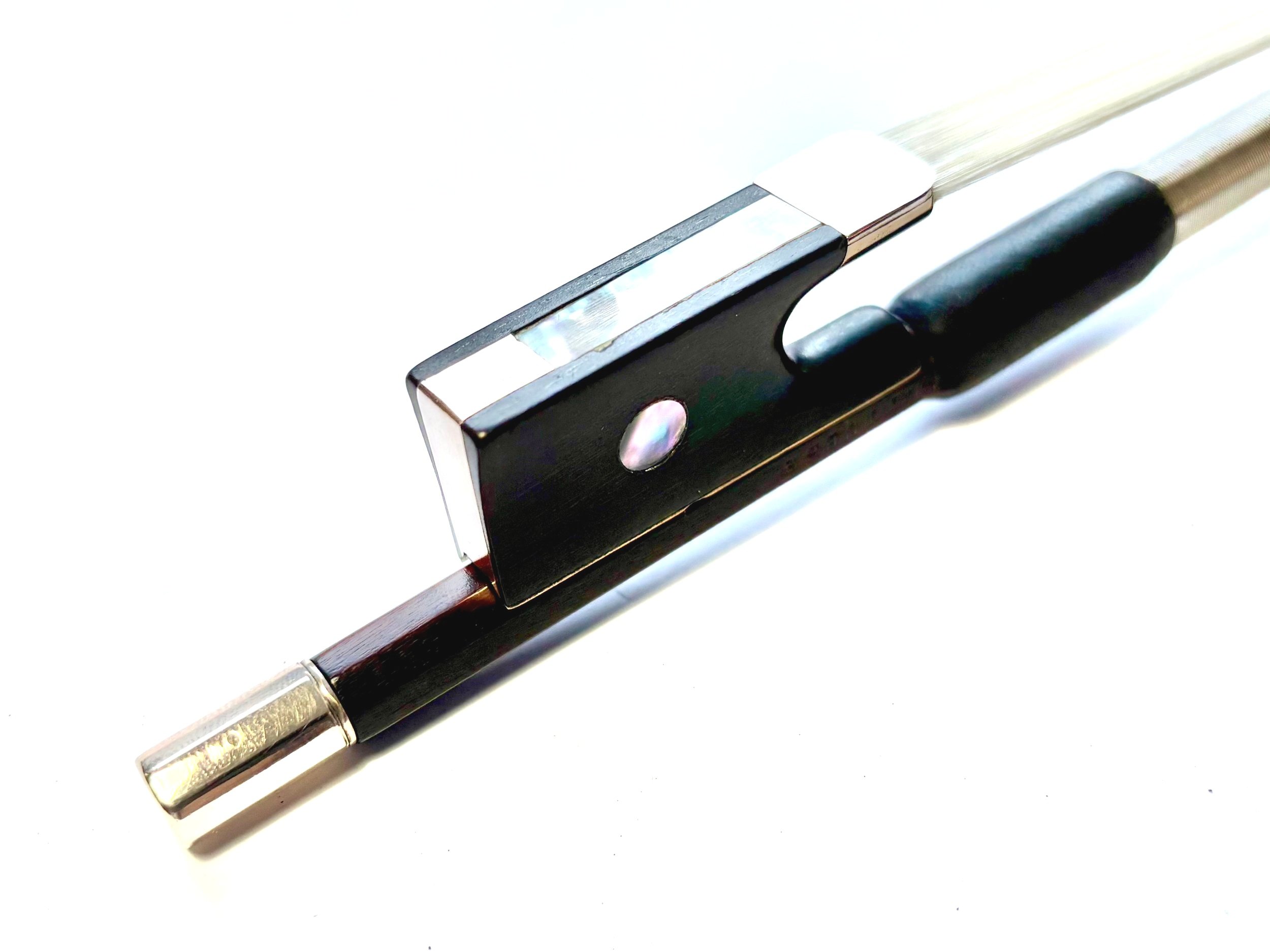 Image 10 of 25
Image 10 of 25

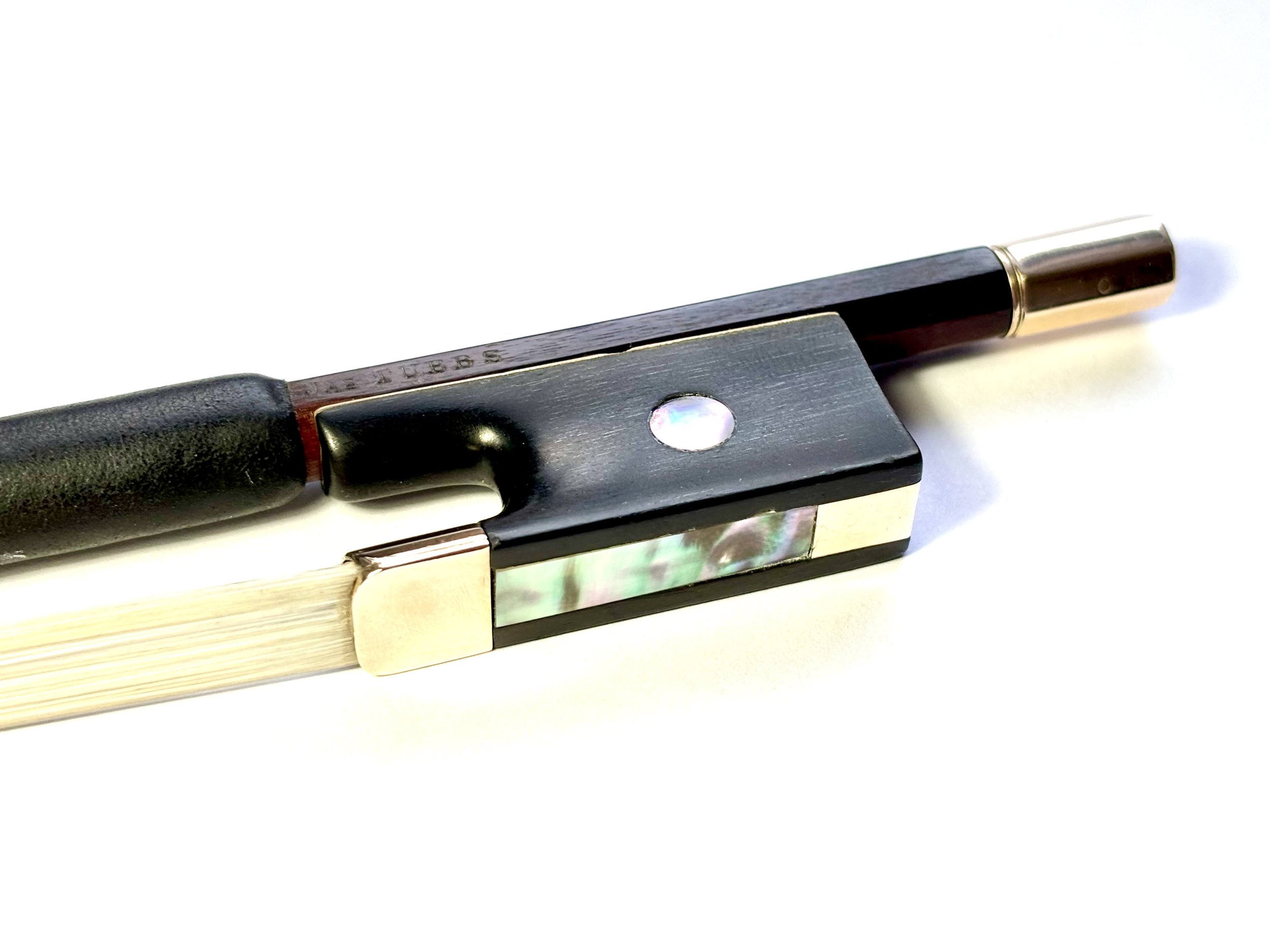 Image 11 of 25
Image 11 of 25

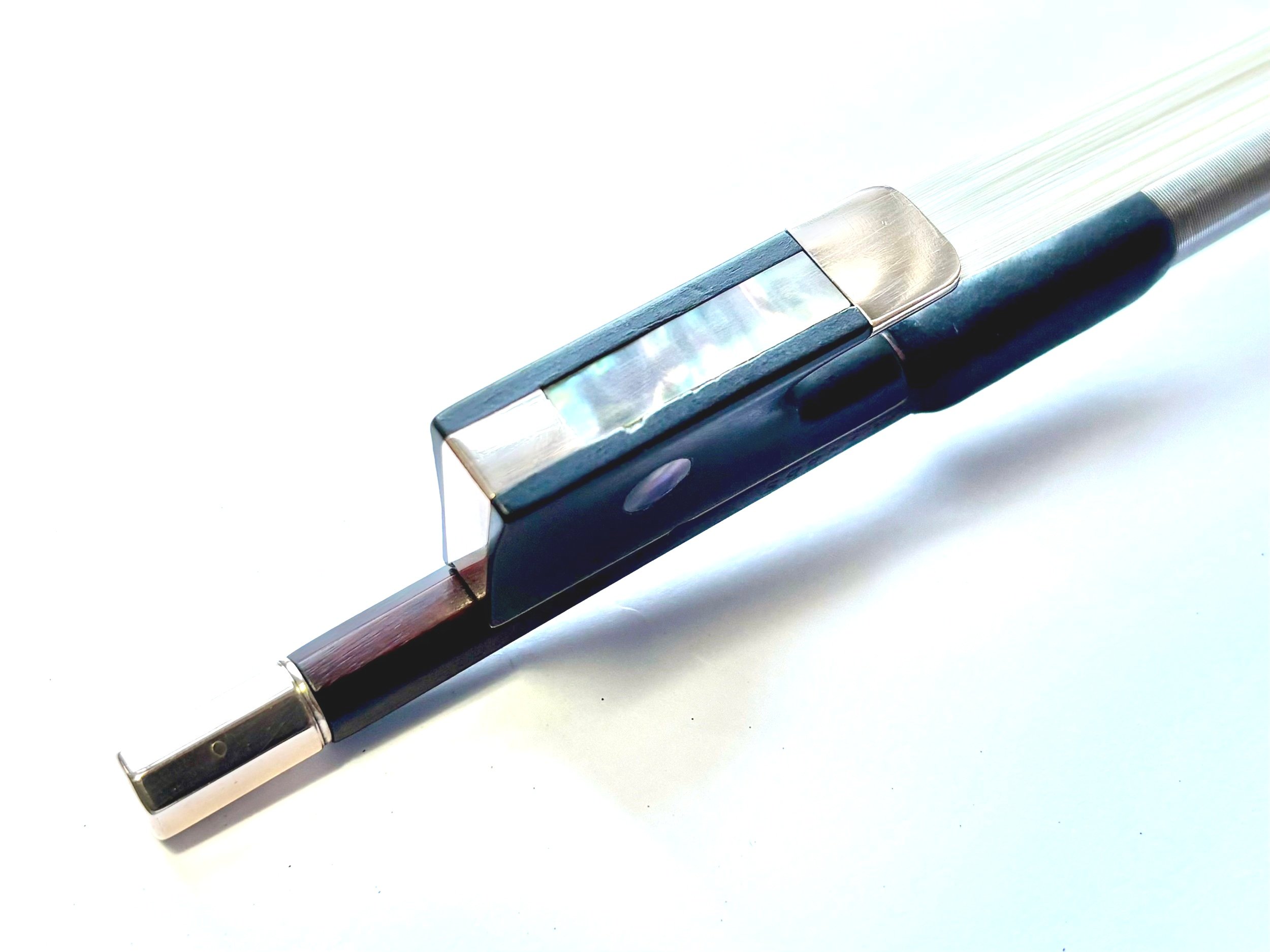 Image 12 of 25
Image 12 of 25

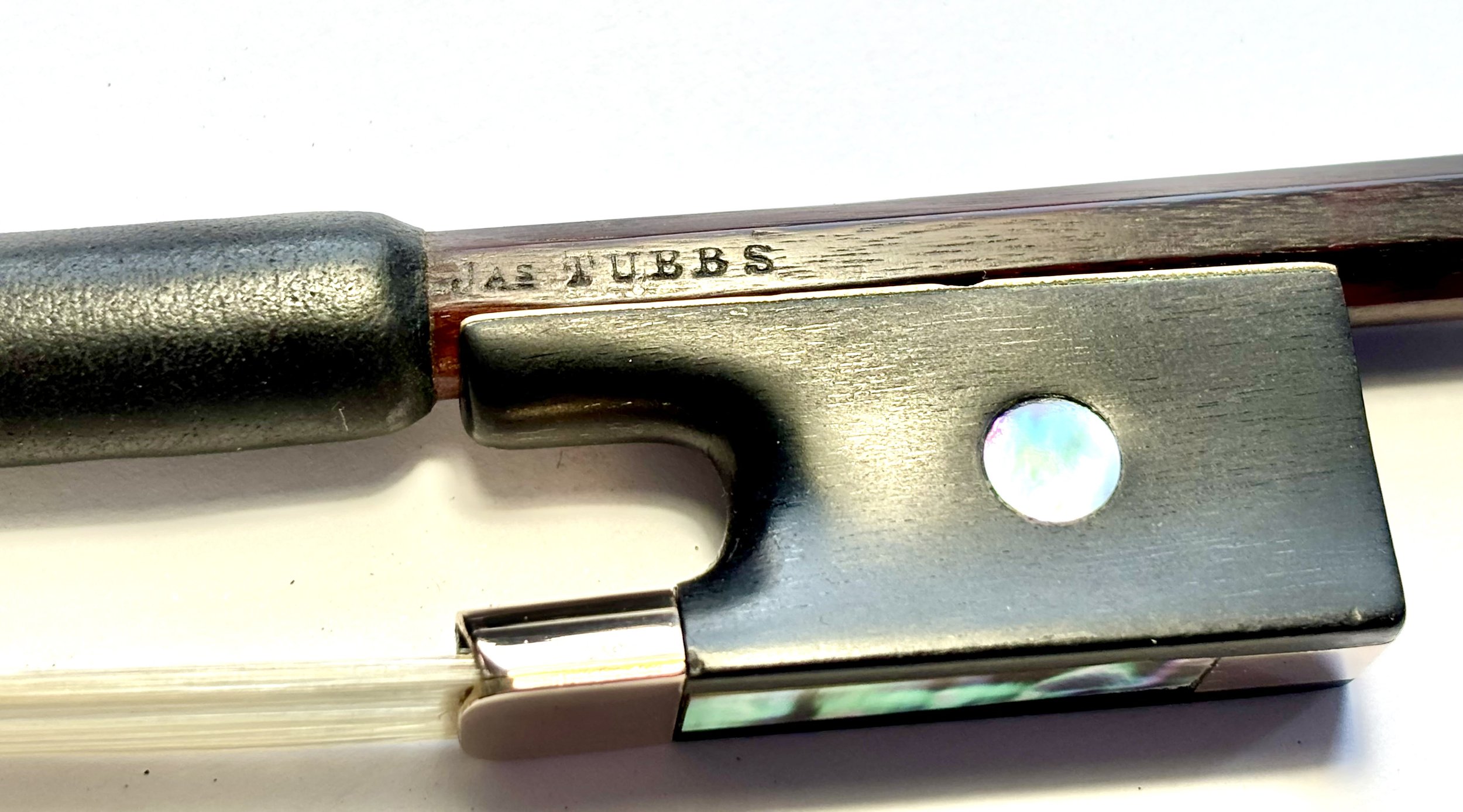 Image 13 of 25
Image 13 of 25

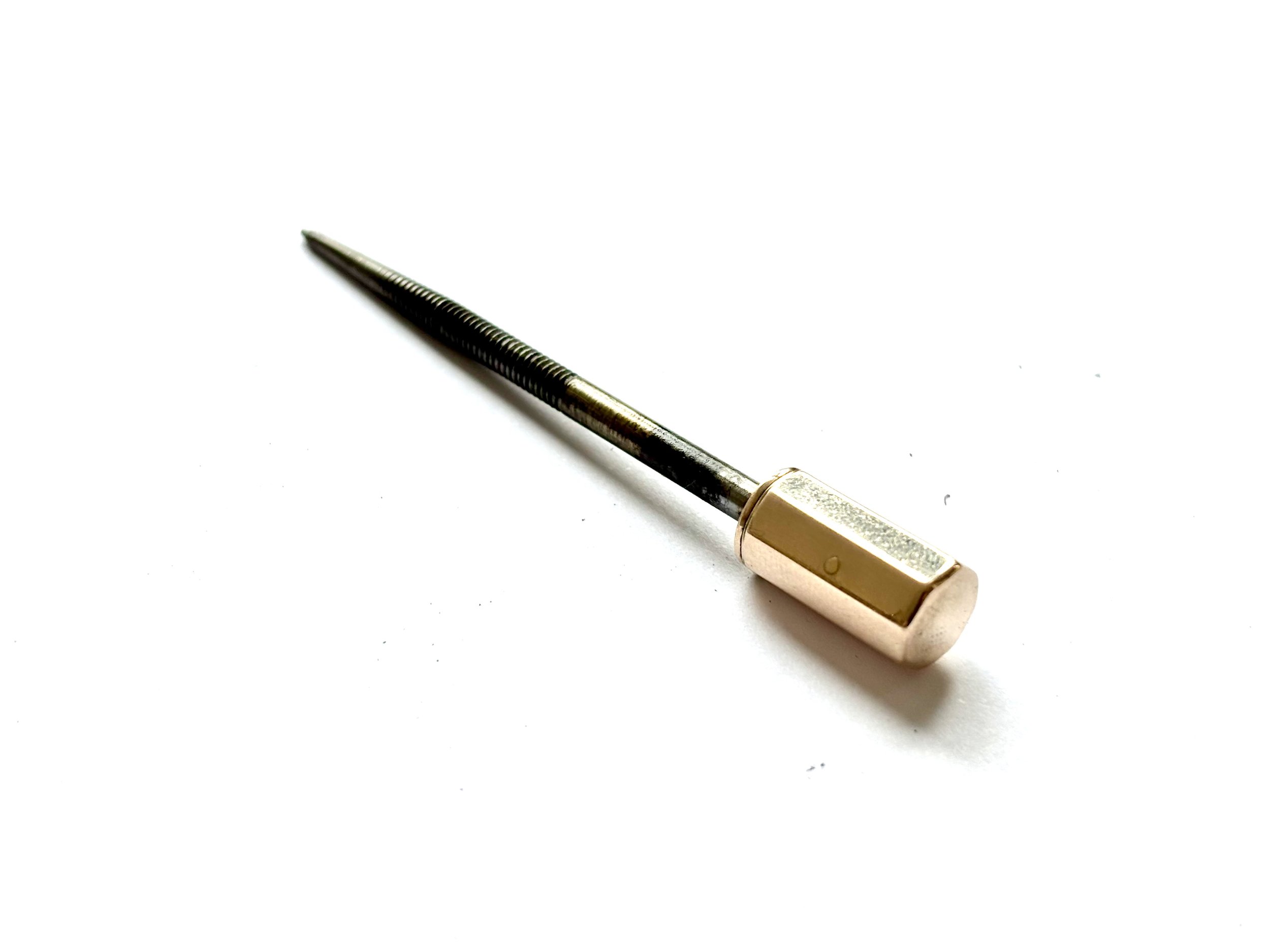 Image 14 of 25
Image 14 of 25

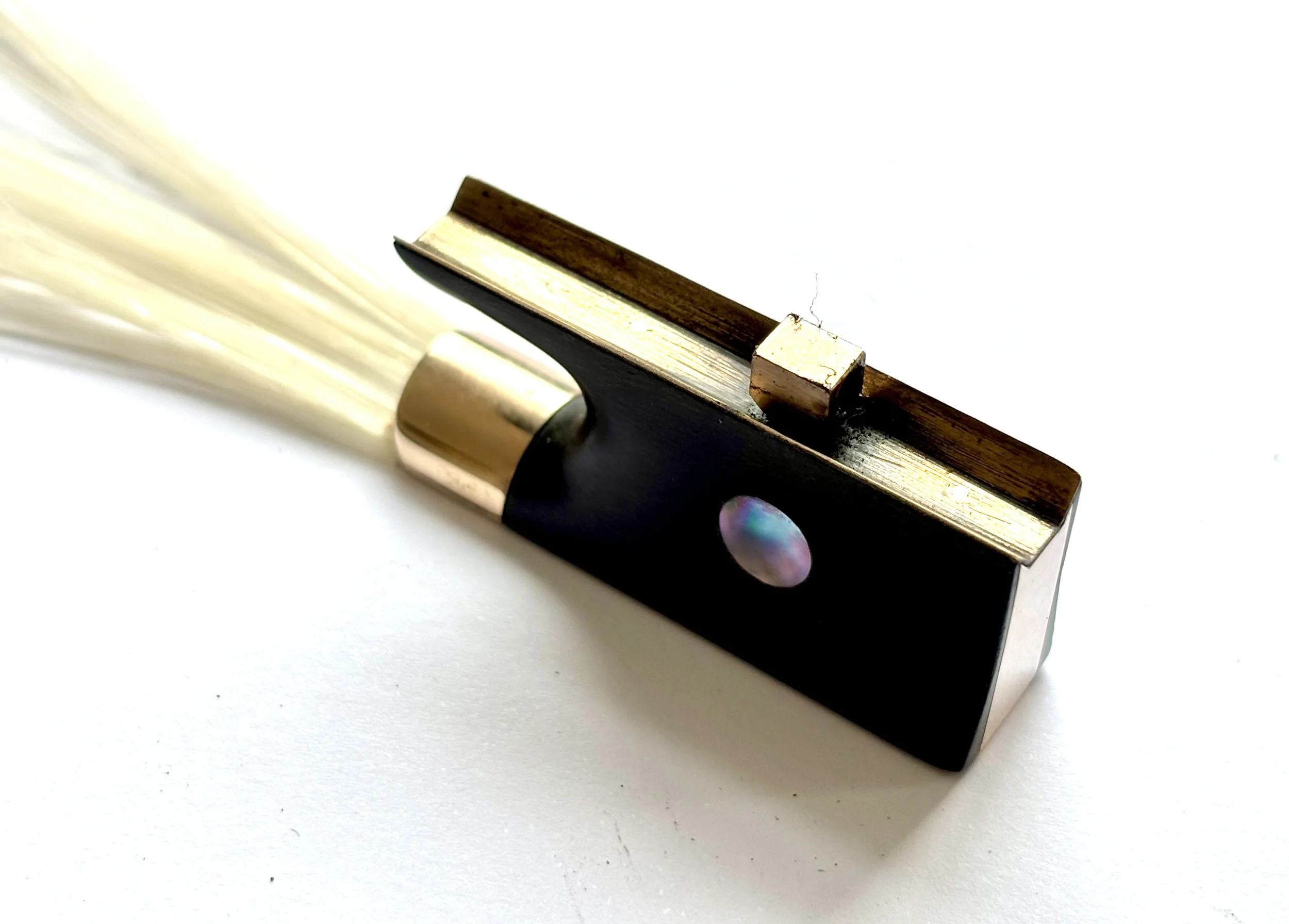 Image 15 of 25
Image 15 of 25

 Image 16 of 25
Image 16 of 25

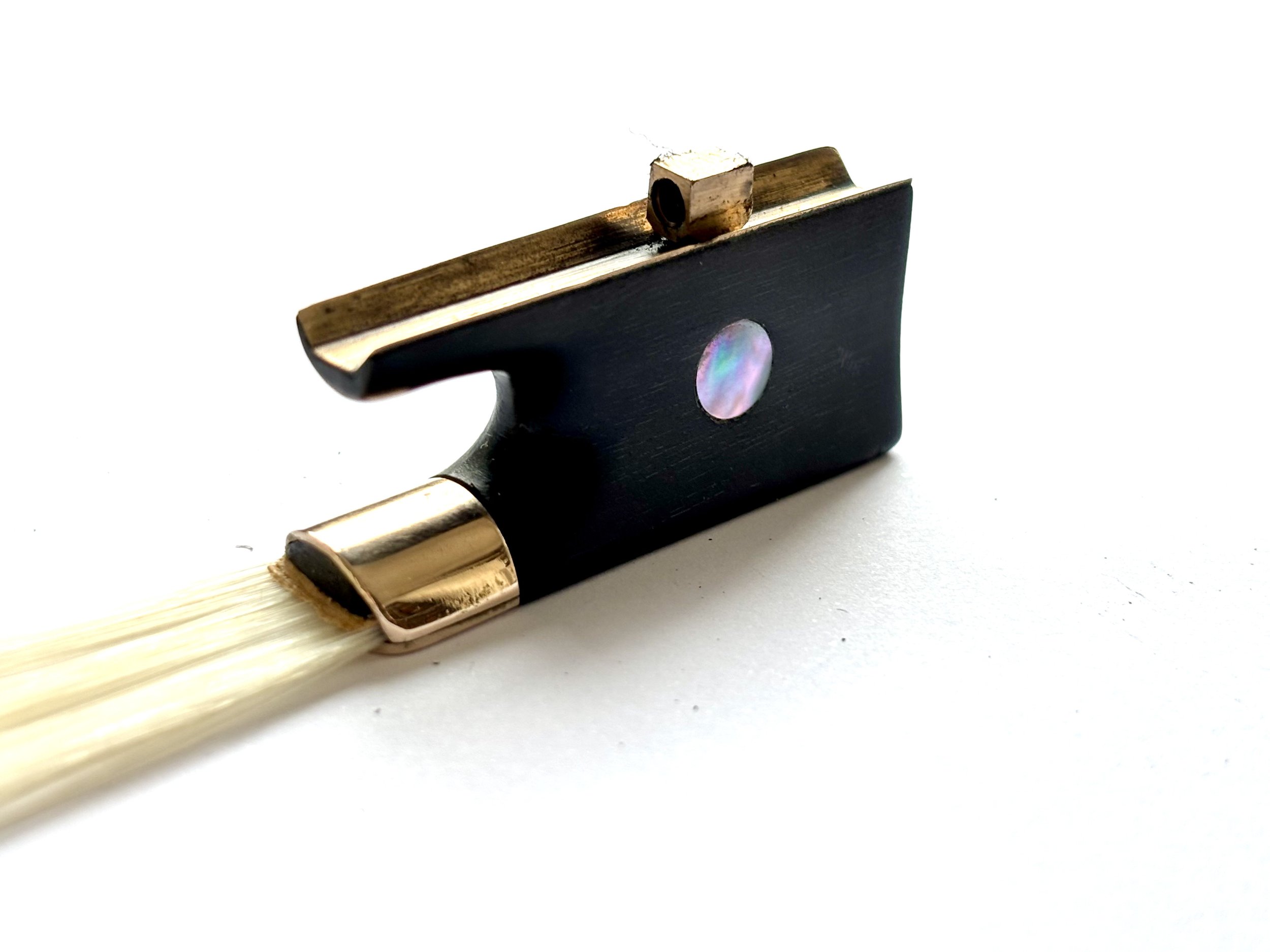 Image 17 of 25
Image 17 of 25

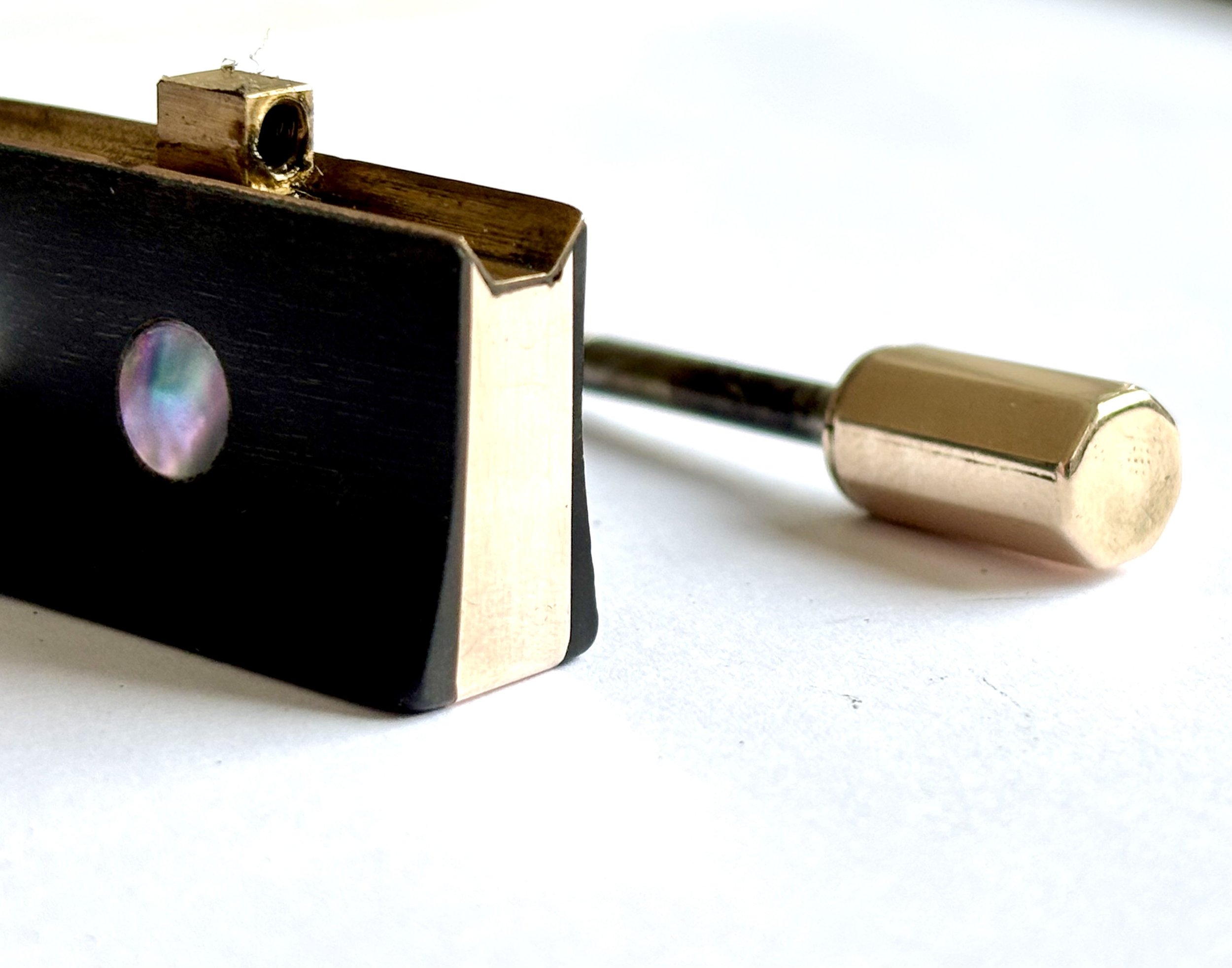 Image 18 of 25
Image 18 of 25

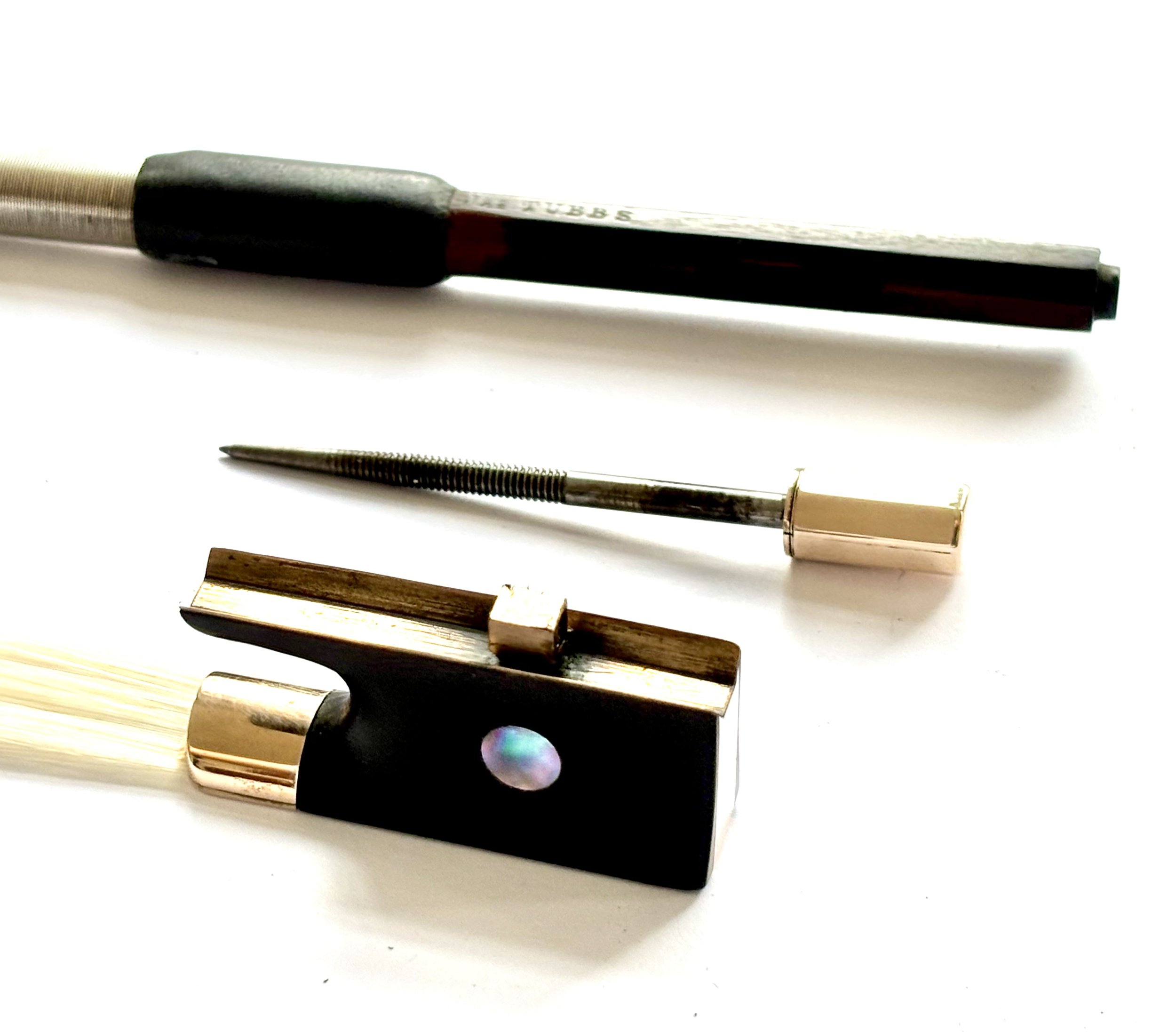 Image 19 of 25
Image 19 of 25

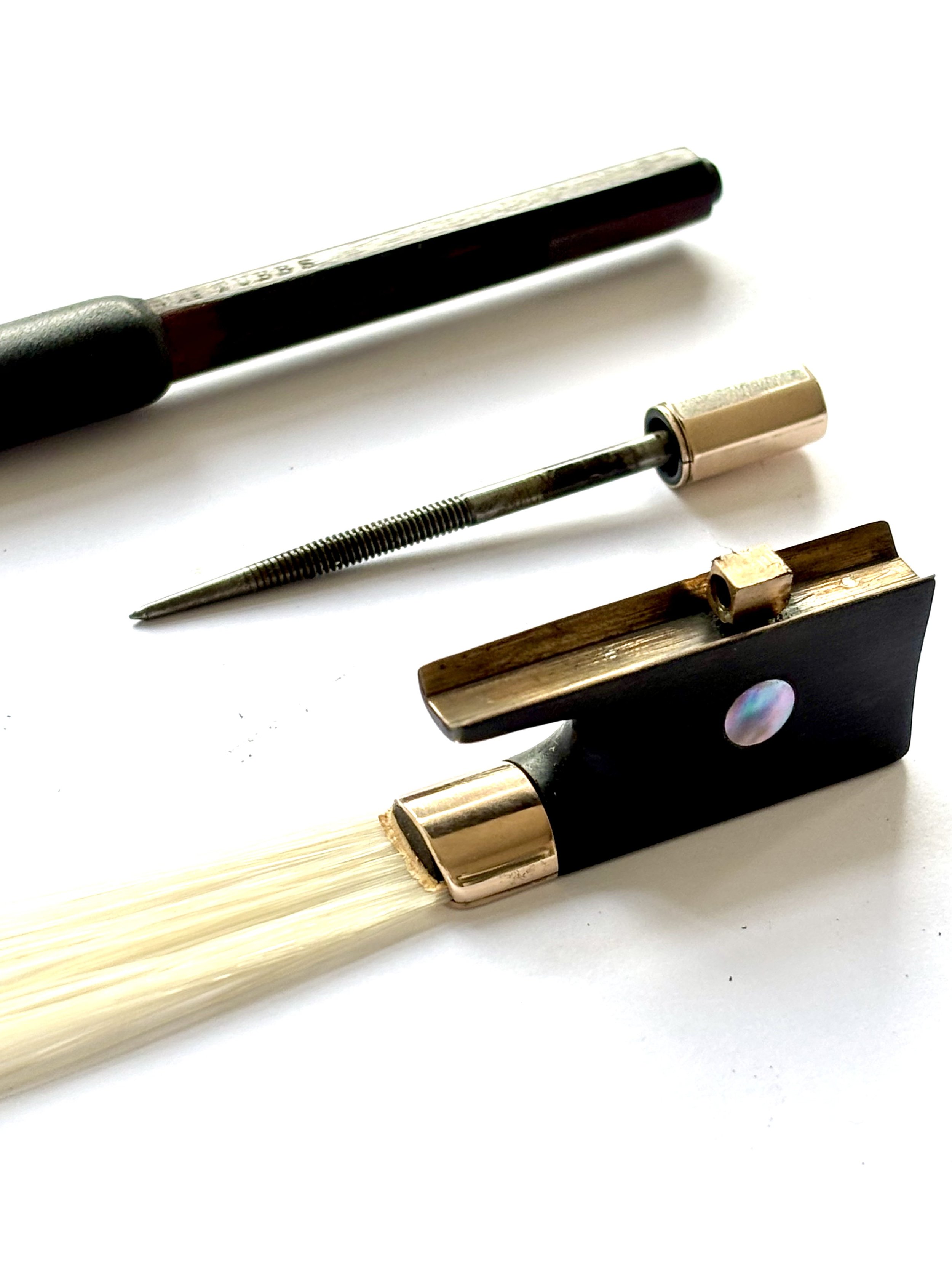 Image 20 of 25
Image 20 of 25

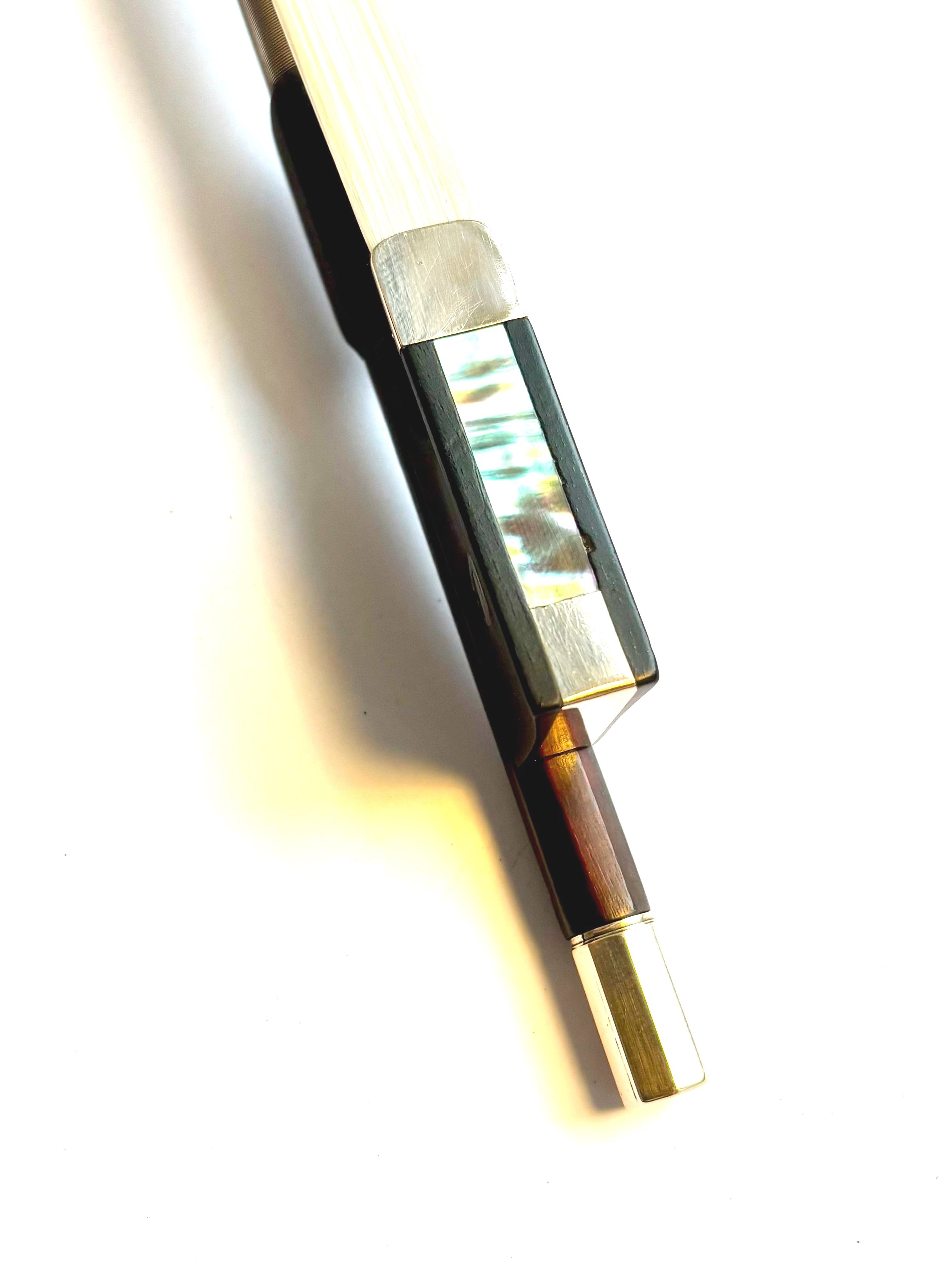 Image 21 of 25
Image 21 of 25

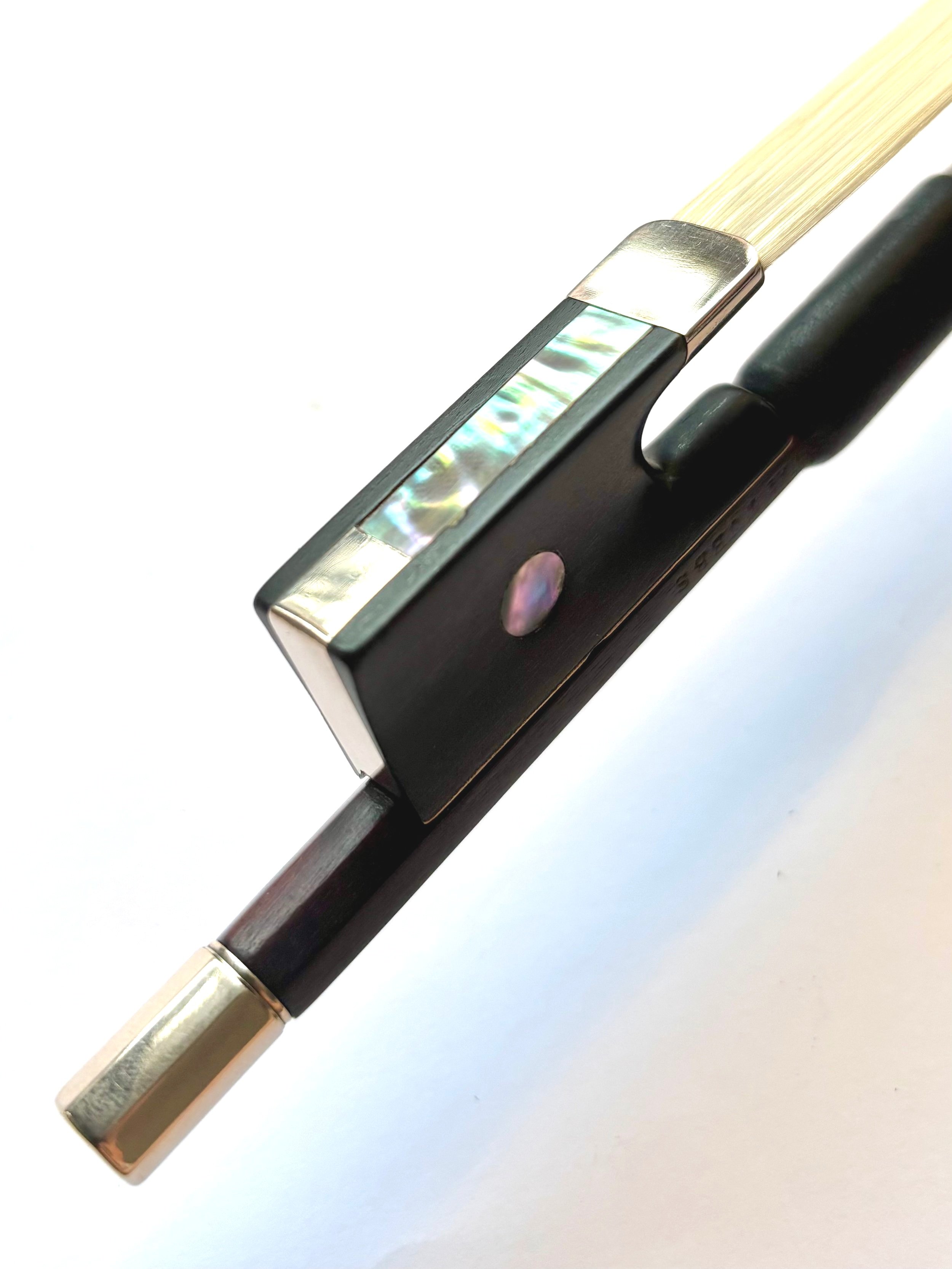 Image 22 of 25
Image 22 of 25

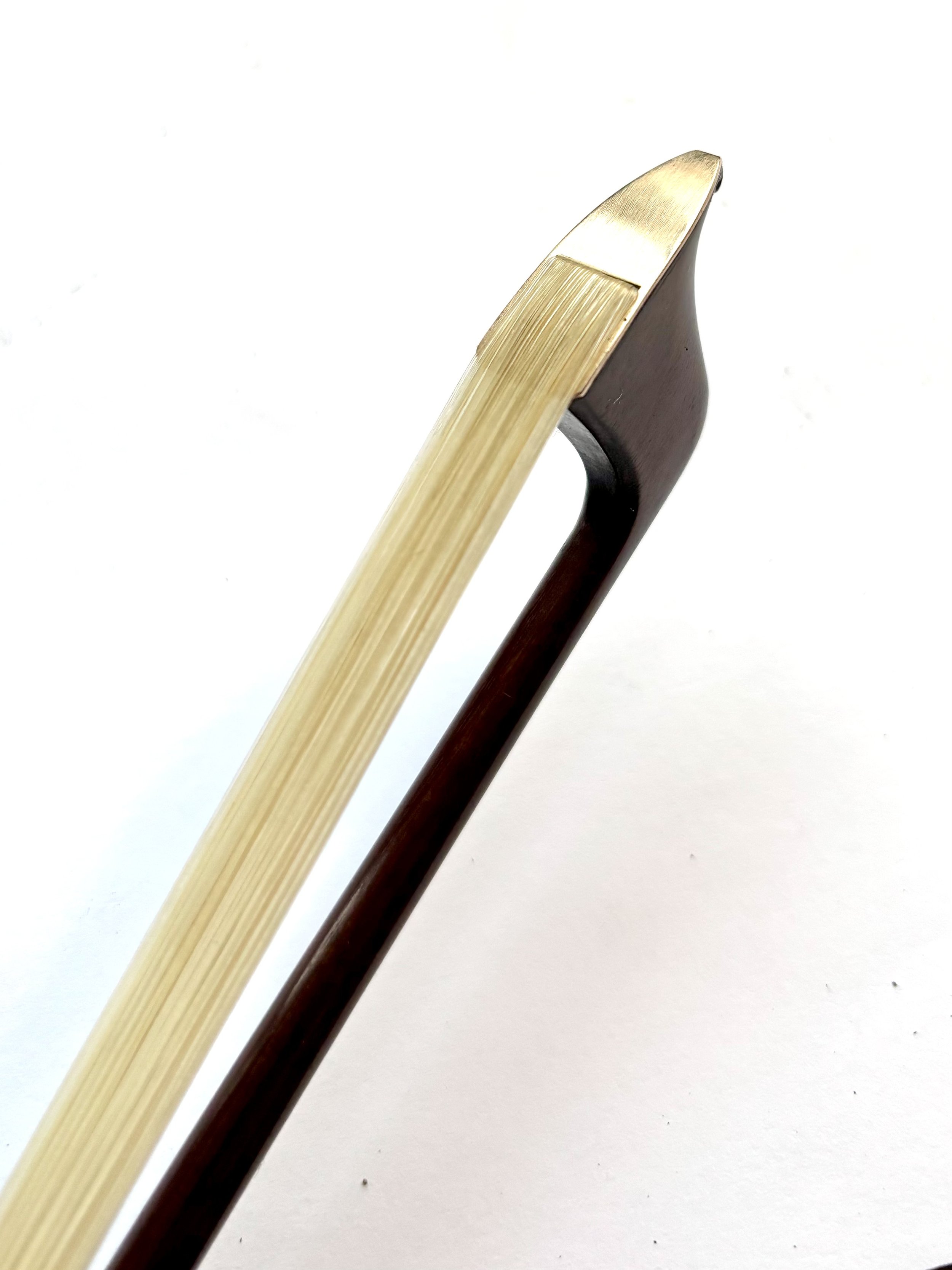 Image 23 of 25
Image 23 of 25

 Image 24 of 25
Image 24 of 25

 Image 25 of 25
Image 25 of 25


























A Fine Gold-Mounted Violin Bow by James Tubbs
An exceptional gold-mounted violin bow by James Tubbs in excellent condition. Made by one of the greatest English bow makers in history, from his highest quality materials, this stunning example is a very rare find.
Very typical of the maker in style and construction and weighing 64.9g, this violin bow is an excellent example of English bow making history.
It would suit a player looking for a direct and focused sound, whilst being very elegant.
About the maker:
“James Tubbs was one of the finest and most prolific bow makers in the history of British violin making. His work rivals that of the finest French makers, and he is said to have made thousands of bows in his lifetime. Initially Tubbs trained with his father William before starting his own business in the 1850s. He collaborated with William Ebsworth Hill starting around 1858, but never appears to have been officially employed by Hill or the Hill firm. In fact, after their relationship deteriorated steadily and eventually foundered in 1870, whenever Tubbs came across an example of his own work bearing a Hill brand, he stamped his own name on top of it, either " J. Tubbs" or "Jas Tubbs."
Tubbs' work is widely sought-after and has been copied and forged by makers ranging from French and German trade workers to the Pfretszchner and Bazin families. The sticks of his bows are usually round and the metal parts are of generous thickness.”
Sold with certificate by Peter Oxley.
An exceptional gold-mounted violin bow by James Tubbs in excellent condition. Made by one of the greatest English bow makers in history, from his highest quality materials, this stunning example is a very rare find.
Very typical of the maker in style and construction and weighing 64.9g, this violin bow is an excellent example of English bow making history.
It would suit a player looking for a direct and focused sound, whilst being very elegant.
About the maker:
“James Tubbs was one of the finest and most prolific bow makers in the history of British violin making. His work rivals that of the finest French makers, and he is said to have made thousands of bows in his lifetime. Initially Tubbs trained with his father William before starting his own business in the 1850s. He collaborated with William Ebsworth Hill starting around 1858, but never appears to have been officially employed by Hill or the Hill firm. In fact, after their relationship deteriorated steadily and eventually foundered in 1870, whenever Tubbs came across an example of his own work bearing a Hill brand, he stamped his own name on top of it, either " J. Tubbs" or "Jas Tubbs."
Tubbs' work is widely sought-after and has been copied and forged by makers ranging from French and German trade workers to the Pfretszchner and Bazin families. The sticks of his bows are usually round and the metal parts are of generous thickness.”
Sold with certificate by Peter Oxley.
